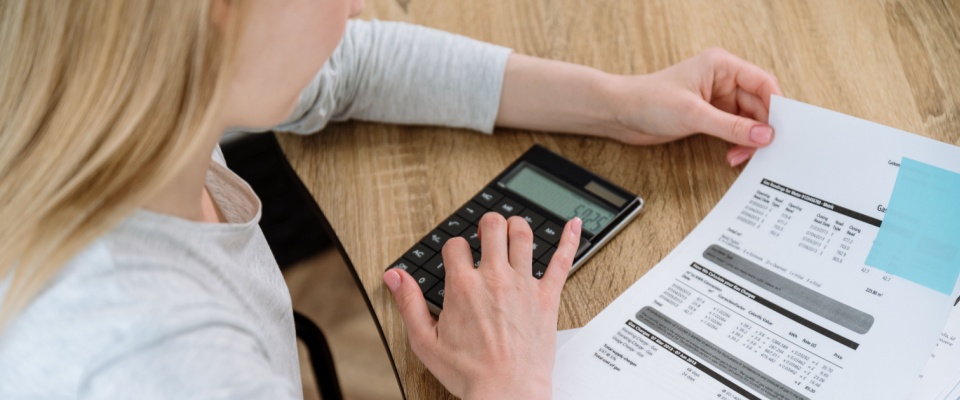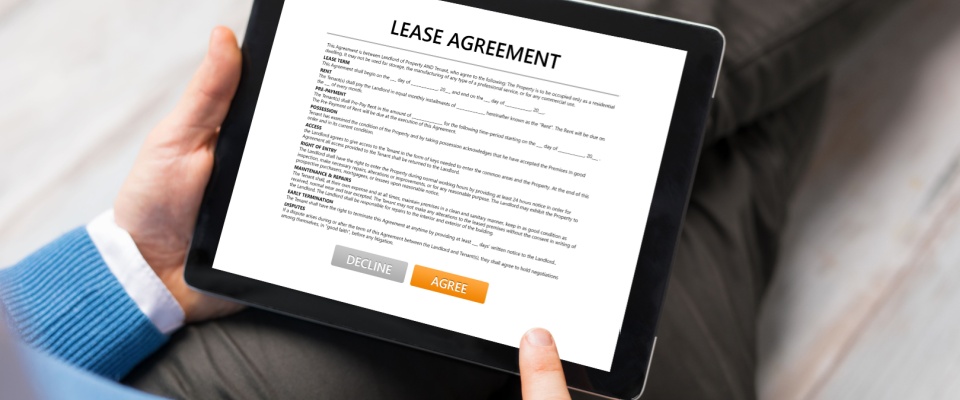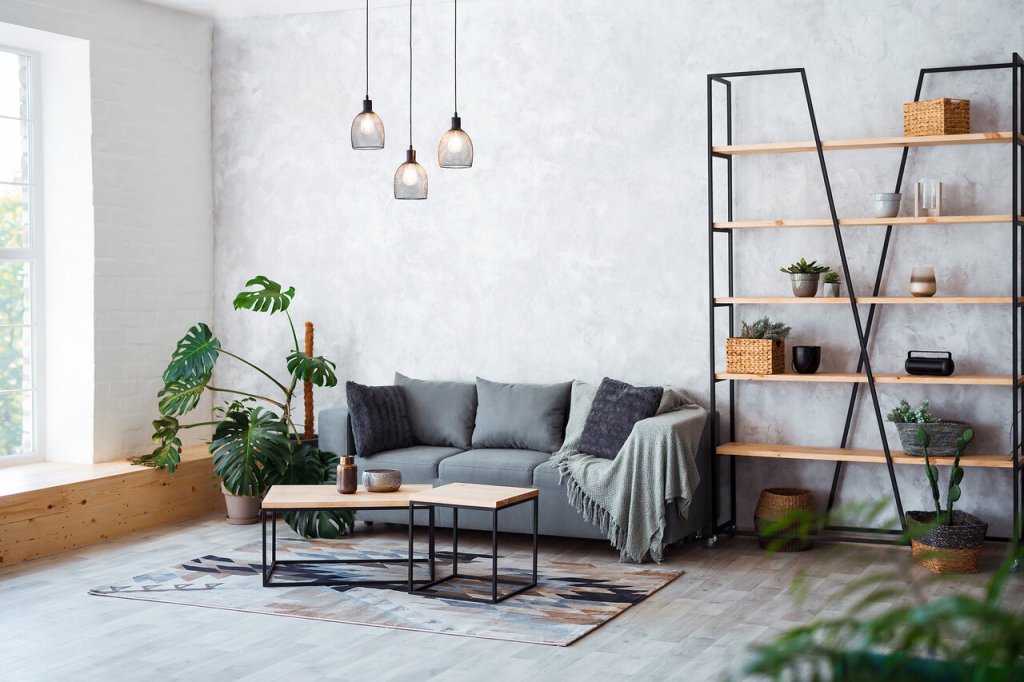Signing a lease is one of the most important steps you’ll take when renting a new apartment. And, while this brings a lot of anticipation, it also comes with a lot of responsibility. However, with a little planning and the right focus, you can prevent yourself from getting stuck in a place that doesn’t suit you or your needs, as well as avoid locking yourself into a lease that you’ll regret or risking the loss of your security deposit.
This guide is packed with practical advice to help you find an apartment you’ll enjoy living in — without any unwelcome surprises. Below are some essential questions to ask before signing a lease.
What’s the condition of the apartment?
Before you sign anything, the first rule is to visit the apartment in person (or ask someone you trust to visit on your behalf if you absolutely can’t make it in person) and inspect it thoroughly.
Here are some useful questions you can ask yourself:
- Are there signs of water damage or mold?
- Do all windows open and close properly?
- Are the heating and cooling systems working properly?
- Are appliances clean and functional?
How much is the total monthly cost and what does it include?
Get a breakdown of the total monthly cost as not all details are always included in the offer. Additionally, ask what’s included with the rent and what’s not.
You should know exactly which services you’re responsible for setting up and paying for. For example, utilities can add a big chunk to your monthly costs.

Ask these questions before signing a lease:
- Which utilities are included in the rent?
- Who do I contact to set up electricity or internet service?
- Are there any preferred internet or cable providers in the building?
- What’s the average monthly bill for utilities in this unit?
- Is the apartment energy efficient?
If you’re unsure how to set up services, ask your landlord or property manager for a list of local utility providers.
Are there any surprise costs that I should know about?
Sometimes, you think you’ve budgeted for everything, but then you find out about an unexpected “administrative fee” or a monthly charge for pest control. That’s why it’s better to ask in advance about anything that may come up later.
So, before you sign the lease, have a conversation with your landlord or property manager about any potential extra costs that may not be included in the base rent. They may mention things like:
- One-time application or move-in fees
- Pet rent or deposits
- Monthly trash or recycling charges
- Parking or storage rental fees
- Maintenance or amenity fees
What’s the maintenance situation?
This is closely linked to the first question and should be addressed as early as possible in your leasing process. Small maintenance issues — like a leaky faucet or a broken heater — can quickly become major annoyances if they’re not fixed quickly. Therefore, before signing the lease, get a clear picture of how the landlord or property manager handles repairs and upkeep by asking questions like:
- How are the maintenance requests submitted?
- What’s the usual response time?
- Who handles repairs — on-site staff or outside contractors?
- Will I be charged for certain types of repairs or replacements (for example, changing air filters, replacing light bulbs, etc.)?
How’s the commute?
Your prospective apartment may look perfect, but if your daily commute is a nightmare, you’ll feel the pain fast. For this reason, one of the most useful questions to ask yourself before signing a lease is how your commute will be impacted.

In this case, do a test drive during rush hour, both to and from your work or school. Try it on a weekday or two. If you’re relying on public transportation, test that route as well. Long commutes can eat up your time, energy, and even your budget.
What’s the parking situation like?
Even if you don’t currently have a car, it’s worth asking about parking. In some neighborhoods, parking can be difficult, whereas, in others, it can get expensive.
Ask the leasing agent or the landlord if parking is included with the rent or if there’s a separate fee. Also, find out where guests can park and whether street parking requires a permit. Similarly, ask:
- Is there covered parking?
- Is the parking area well-lit at night and monitored?
- How many spots come with the unit?
How safe is the building and the neighborhood?
Spend some time walking and driving around at different times of the day. Talk to people in the neighborhood and other building residents if you can. You’ll learn a lot about what it’s really like to live there.
Ask yourself and your landlord or agent:
- Is the area safe at night?
- Are there cameras or security systems inside and outside the building?
- Are there parks, dog runs, or green spaces nearby?
- Is there a grocery store within walking distance?
- What’s the noise level like on weekends?
- Are there any public transit options nearby?
- Are there working locks on all windows and doors?
Have I read the lease carefully?
This may sound less exciting, but it’s crucial to read everything and understand the lease terminology in order to avoid misunderstandings later. A lease is a legal contract, and you need to know what you’re agreeing to. In particular, look for:
- The lease length and terms for ending it early
- Rules about guests, subletting, or roommates
- Pet policies
- Rent increases or renewal terms
Additionally, if you and the landlord talked about any extras (like repainting or replacing an appliance), make sure those agreements are in writing.

Knowing the right questions to ask before signing a lease can help you avoid hidden costs, long commutes, or maintenance struggles. It’s all about staying informed and protecting yourself before you commit, so you can make the most of your rental once you do.




